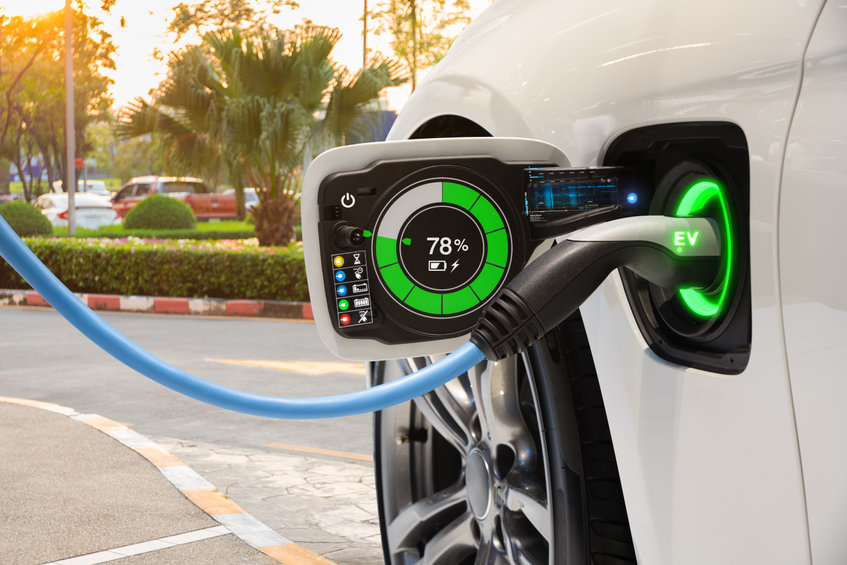Tempe discussed plans to incorporate electric vehicle charging stations along with sustainable infrastructure on Thursday.
Tempe’s Sustainable and Livable Communities Council Committee met on Thursday afternoon to discuss various ways to be greener and more efficient, specifically highlighting solar permitting policies.
READ ALSO: ElectraMeccanica picks Mesa as electric vehicles manufacturing site
The discussion of solar readiness led to a call for the creation of electric charging station infrastructure requirements to be produced.
Tempe City Councilmember Lauren Kuby brought this to the committee’s attention, after she said that she wanted to discuss codes for electric charging stations.
Kuby also asked what might be required for developers to begin building electric car charging stations in new infrastructures.
“We know there’s been much talk in the federal government, I’m not sure what will happen with the Build Back Better plans or maybe with reconciliation increased infrastructure, but there may be a lot of funds that start to come our way. I don’t mean just the City of Tempe, but to Arizona and to multi-family developers,” Kuby said.
She said that she believed that there is potential for the federal government to provide investment for developers to build e-stations in their developments in the future.
Dino Accardo, Tempe Building Safety’s plan review manager, said that he wanted to look at electric vehicle charging.
Accardo said that he had already received some permit requests.
“We need to be ready for that because we’re going to see an increased amount of electric vehicle infrastructure and funding,” said Kuby.
Kuby said that she wanted Tempe Building Safety to incorporate the work and outreach they put into solar readiness into e-charging stations so that the code would be ready for, “our new reality.”
Jennifer Adams, a Tempe Councilmember, said that she thought that Kuby’s idea was great and that she fully concurred.
Accardo said that he could have an electric vehicle charging code written up by as soon as the next meeting on October 27th.
“We’ve managed to come up with a solar readiness appendix from a commercial standpoint. I know that there’s already a code out there related to E.V. charging, so I don’t think that would be a challenge.”
On August 5th, President Biden set a national goal that 50% of new car sales by 2030 be electric vehicles.
In an article from E&E News, John Bozzella, president of the Alliance for Automotive Innovation, said, “The auto industry has stepped up — investments in electrification globally will exceed $330 billion by 2025. But all levels of government will need to do their part for this challenge to succeed.”
The Tempe government is stepping up, starting with the Sustainable and Livable Communities Council Committee.
On September 7th, The New York Times published an article, “Biden’s Electric Car Plans Hinge on Having Enough Chargers.”
In it, Asad Hussain, a senior analyst at PitchBook research firm, said, “E.V. charging infrastructure is the single biggest barrier to E.V. adoption.”
Tempe’s early action on electric vehicle charging infrastructure could be a way to combat this barrier.
Three electric-focused vehicle producers: Lucid, Nikola Corp., and ElectraMeccanica all boast Arizona as their manufacturing hub.
With three electric car factories in Arizona, there will need to be places to charge them and people to utilize them.
Arizona, specifically the Phoenix Metropolitan area, could be just the place.




